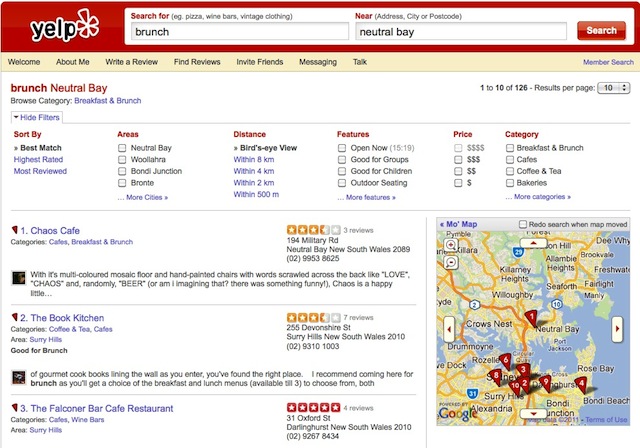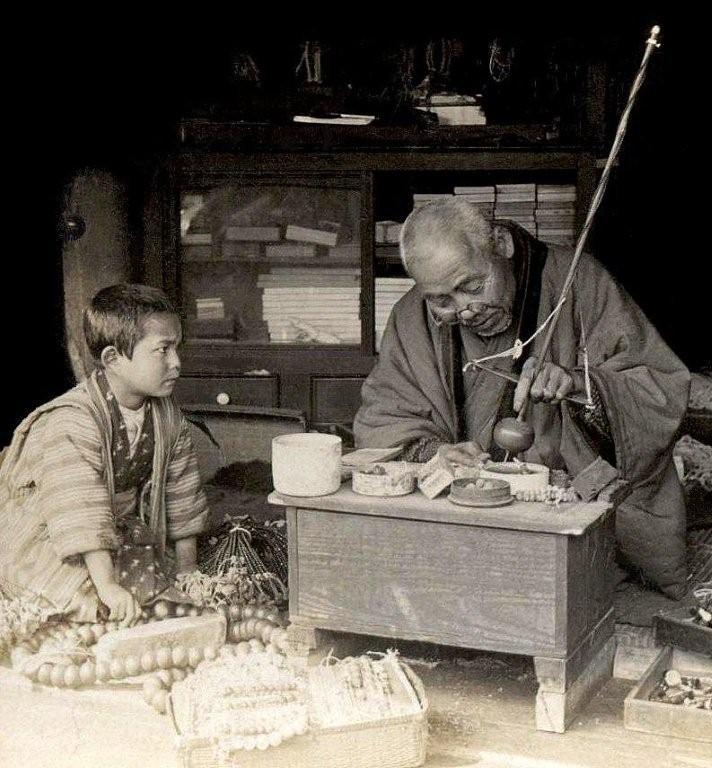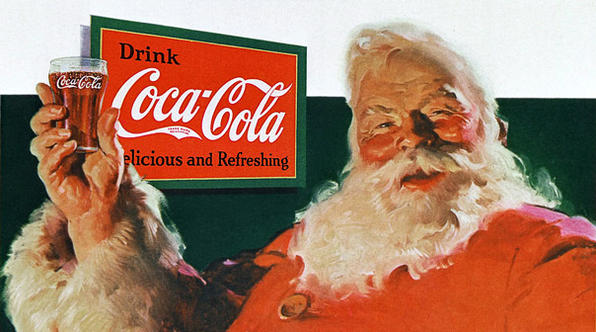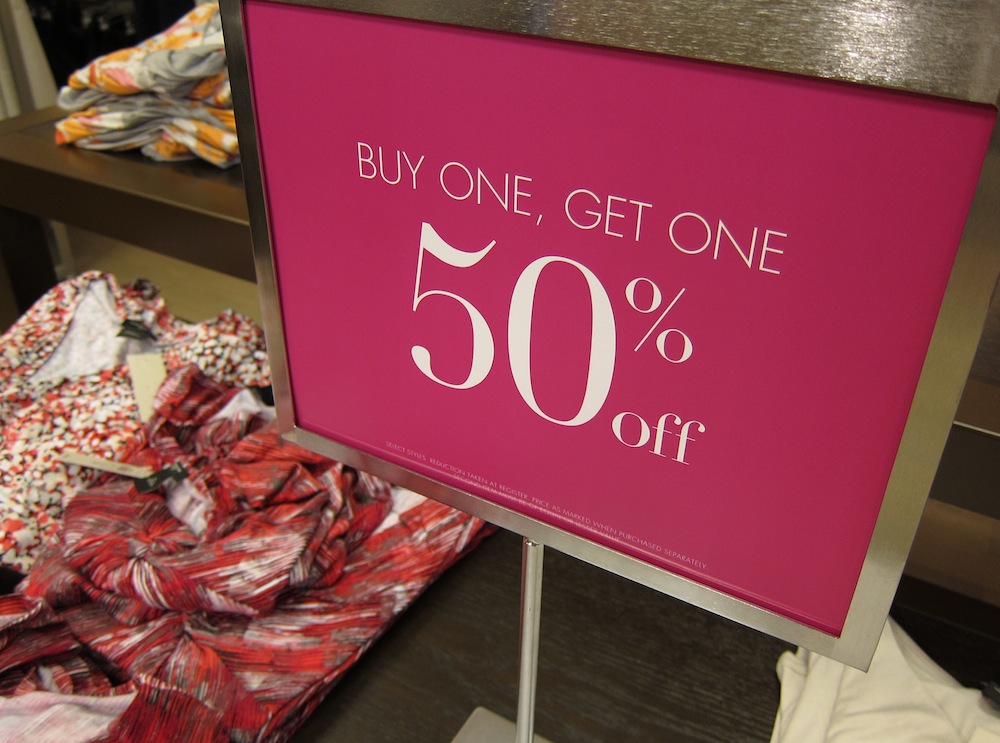It’s been a bad couple of years for James Knight, a dentist in Fort Dodge, Iowa.
First his wife found some text messages he’d exchanged with Melissa, his attractive assistant who’d been with his practice for ten years.
Then James’ spouse demands Melissa is fired.
James then has what was no doubt a difficult conversation with Melissa’s husband explaining why she’s been sacked.
Then Melissa sues him for discrimination. He wins the case.
Melissa appeals to the state’s Supreme Court and loses there as well however the case now has national attention.
This attracts the ire of the Internet mob, who start posting bad reviews about James on Yelp despite most of them not even living in Fort Dodge, let alone using his service.
For Yelp, the rabble descending on James Knight’s review page is as much their problem as it is his.
Yelp is one of the leading customer review sites which are changing the way small business operates and getting “smashed on Yelp” isn’t good for one’s reputation.
Recently a builder also attracted the ire of the online lynch mob when he threatened to sue a customer over a poor Yelp review.
As consequence, his Yelp page was overwhelmed with negative reviews by people who’d never used his business. The service had to delete 65 of those reviews which clearly had nothing to do with the quality of service the builder provided.
The problem for Yelp, an other online review sites like Tripadvisor, is that for their sites to be trusted the reviews have to be reasonably accurate – self righteous internet mob skewing results is going to damage the service’s credibility as much as the targeted businesses.
What this means for Yelp is that the low cost online business model doesn’t work, for the site to be relevant and credible there has to be administrators checking reviews and dealing with these situations.
There’s also a lesson for all of us using the web – mindlessly joining online lynch mobs creates more damage than it fixes.
Picking on a mid-Western dentist because he appears to be a pussy whipped jerk isn’t really solving humanity’s problems – we can all find causes that are a better use of our time.




